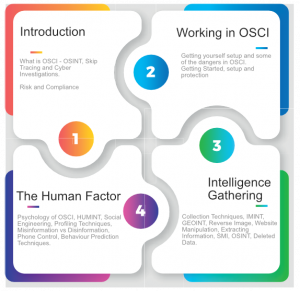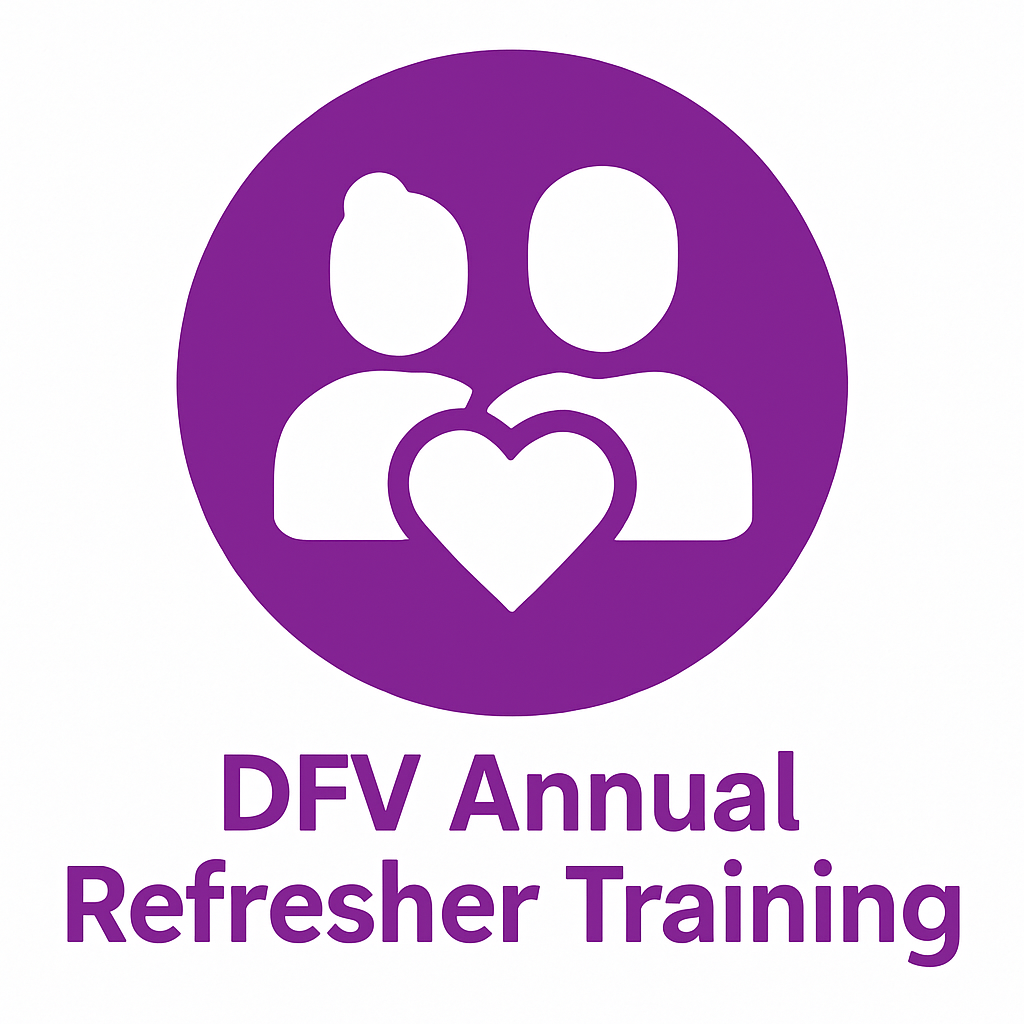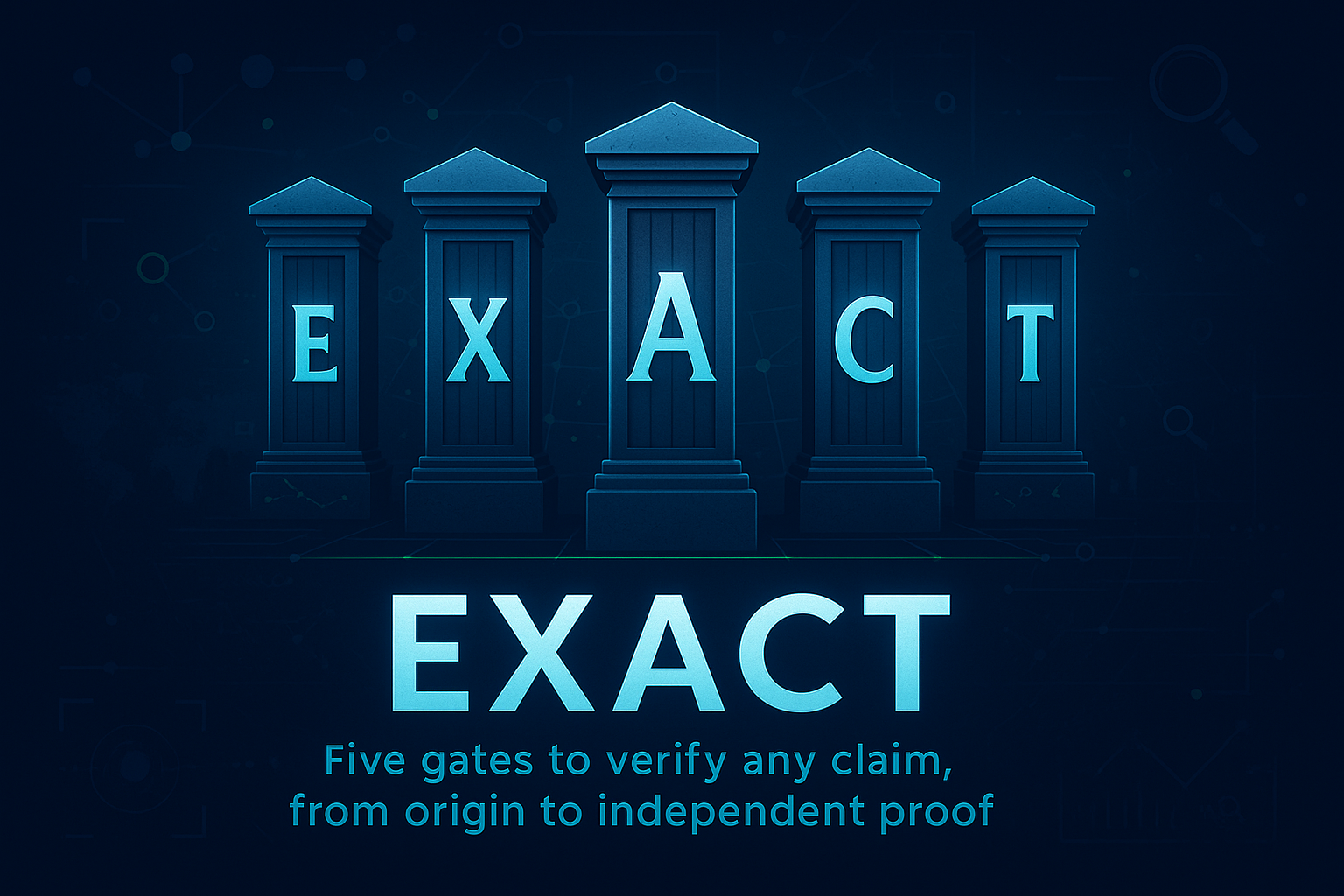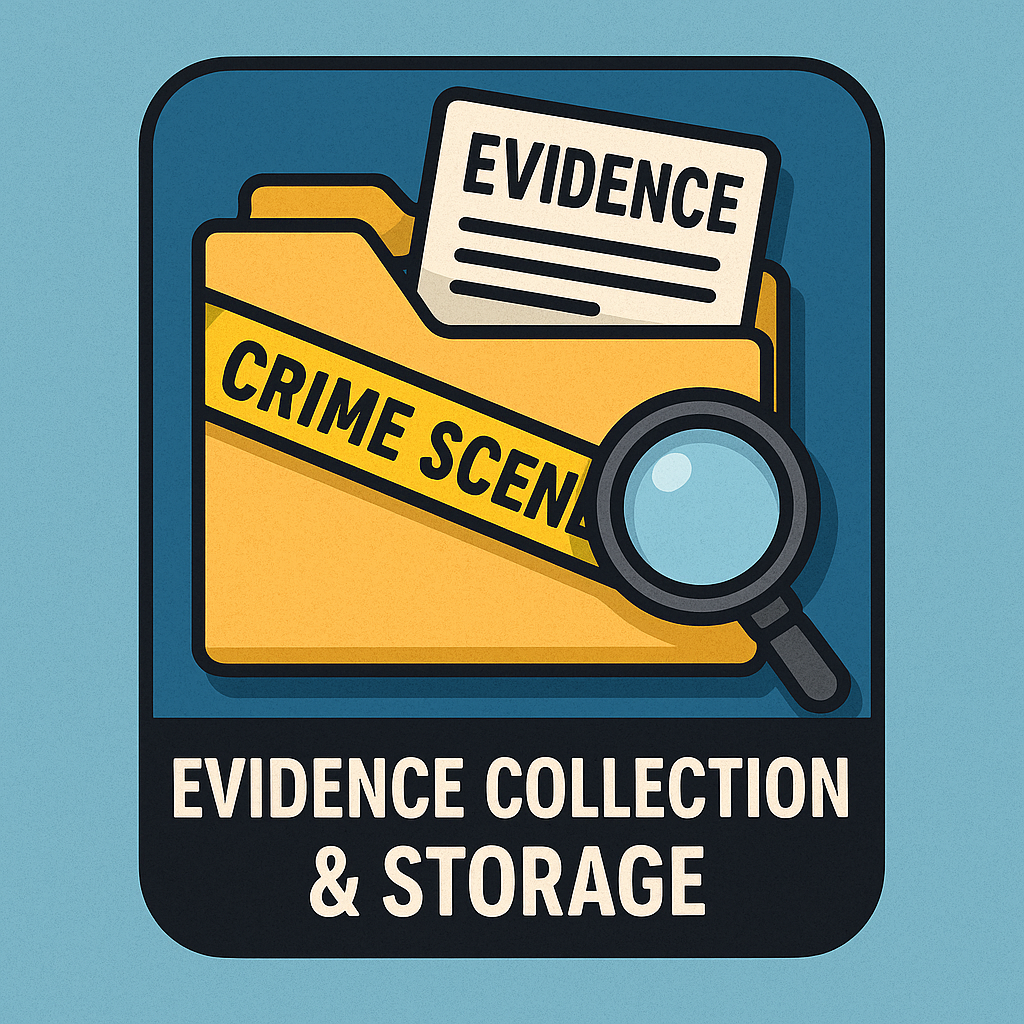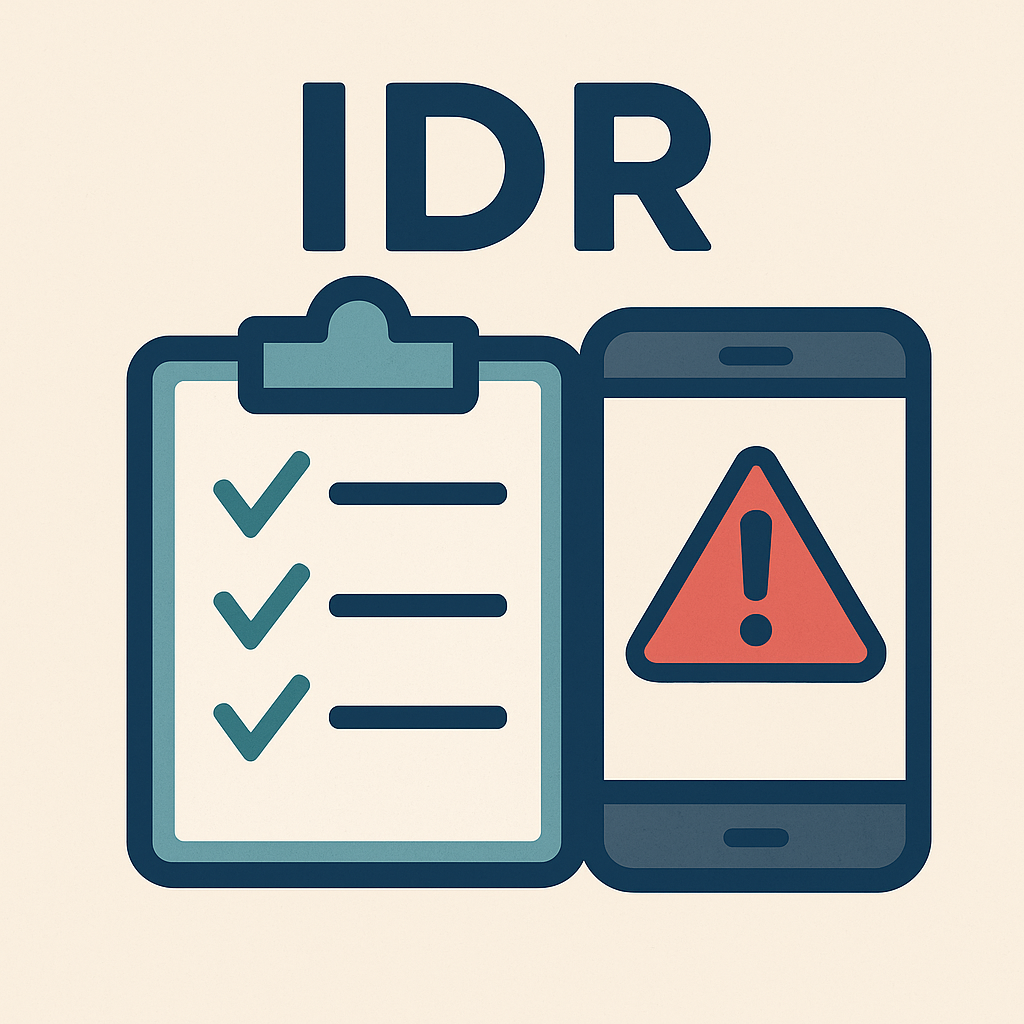In Australia’s investigative and enforcement industries, field agents perform a vital and often under-recognised role. Working on behalf of law firms, lenders, private investigators, and government bodies, these professionals ensure that crucial legal and compliance processes are carried out efficiently in the real world.
A field agent’s work is incredibly varied. They might be delivering legal notices, performing repossessions, or conducting field calls to verify someone’s address or identity. At their core, field agents are mobile professionals, licensed and trained to engage with the public face-to-face to fulfill legal obligations or recover assets.
One of the most common roles of a field agent is process serving. This involves personally delivering legal documents to people involved in a case. Whether it’s a subpoena, a notice of claim, or an application to attend court, it must be served in a legally compliant way. Field agents not only ensure that the documents are handed to the right person but also prepare and sign an affidavit of service, which becomes part of the legal record.
Field agents also carry out repossessions, particularly in the case of defaulted loans where vehicles or goods need to be recovered. These situations often require tact, communication skills, and a thorough understanding of the laws around property and entry.
Field calls are another core duty. These are in-person visits to an individual’s last known address to confirm residency, deliver documents, or initiate contact when phone or email hasn’t worked. These visits are crucial in industries like debt recovery or legal enforcement.
Increasingly, some field agents are also offering skip tracing services. Skip tracing is the process of locating individuals who have intentionally or unintentionally become hard to find. It’s a powerful skillset that blends investigative work, data analysis, and street-level inquiry. For process servers or recovery agents, being able to locate someone before attending their address can significantly improve success rates.
Field agents must be compliant with licensing requirements in their state or territory, and many are expected to maintain continuing professional development. Their work must remain confidential, ethical, and professionally conducted at all times.
At AIMPAC, we are proud to represent the hardworking Field Agent professionals in this space, supporting them with training, tools, and a united voice for the future of the industry. If you need field services, or you’re looking to become a licensed field agent yourself, you’re in the right place. AIMPAC is the leading Field Agent Association in Australia. We believe that Associations for Field Agents should not only be the voice for Field Agents, but provide support and training to help Field Agents grow their business and improve their services.
